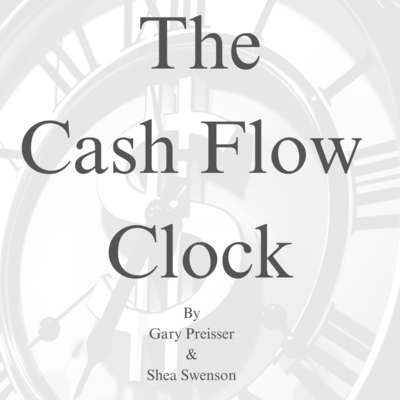The Cash Flow Clock: For Retirees - Book - Page 39

The Cash Flow Clock
Conversions – Roth conversions are when we transfer assets from tax
deferred accounts into tax free Roth accounts. The tax is due in the year that
the conversion is made. There are no government limits on the amount that
can be converted. We can convert no matter how much money we are
making. There is also no earned income restriction. We can convert at any
time, even if we are no longer working.
When we make Roth conversions, we can withhold the taxes from our IRA.
The net amount will go into the Roth and any growth will be tax free. But
there is a better way.
We cannot convert non-qualified assets to Roth accounts, but we can use
them to pay tax on our conversions. If we can pay the taxes from our
savings or other non-qualified assets, then the full amount of the conversion
ends up in the Roth, giving us more assets to grow tax free. This is the most
tax efficient way to do a conversion, as long as we have sufficient assets to
cover the taxes.
If we are under 59.5, this is the only way we should pay taxes on our
conversion. If we withhold for taxes, the amount withheld will be subject to
a 10% penalty, in addition to the tax. We want to avoid this penalty if we
can.
Some may not want to use their savings to pay taxes on a conversion
because it is their emergency fund. But if they are over 59.5, they can
access their IRA assets or principal from their Roth if they had a true
emergency. The Cash Flow Clock can help us make sure we have sufficient
emergency funds to cover our needs, even if they are in our qualified
accounts.
35